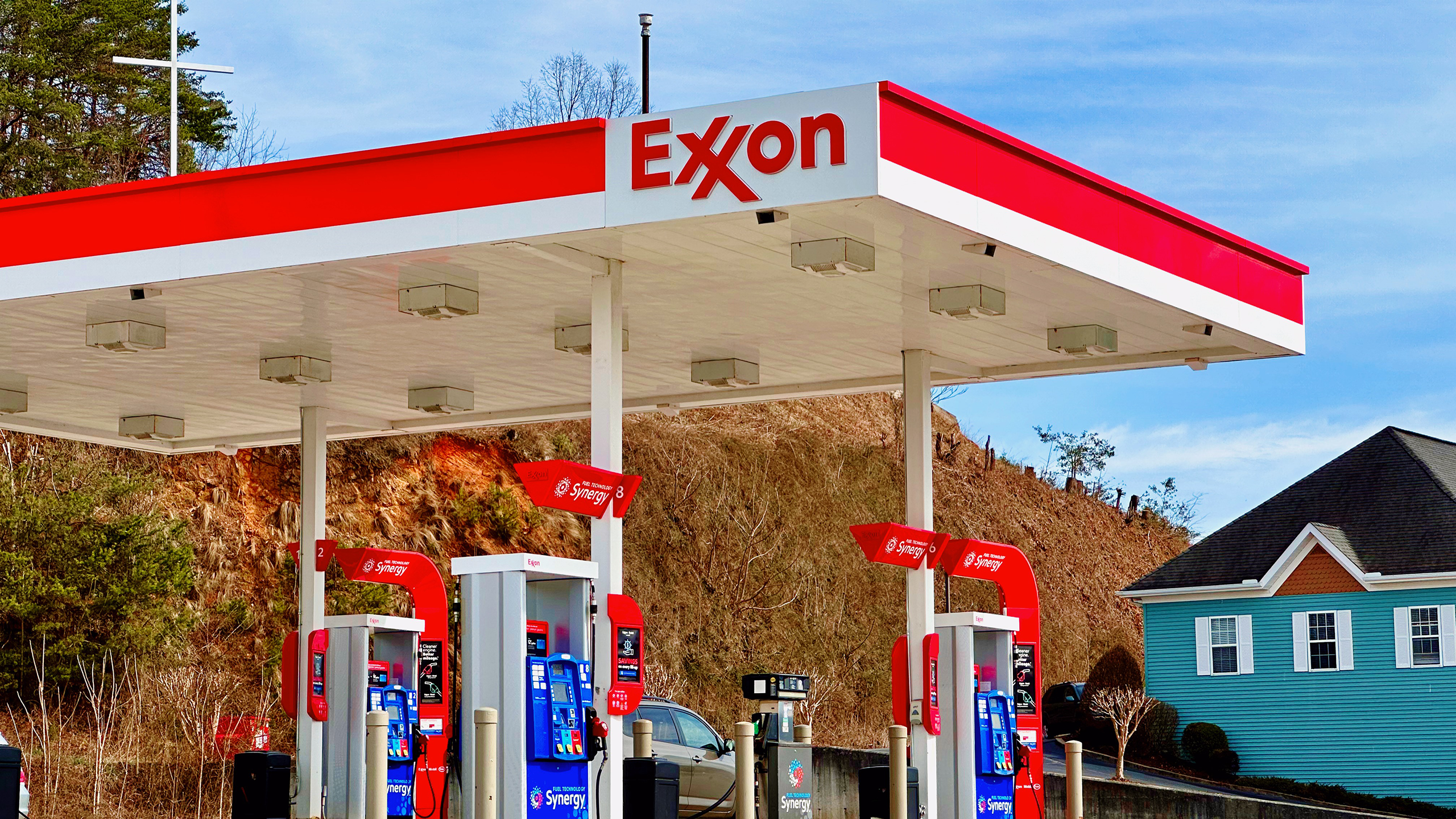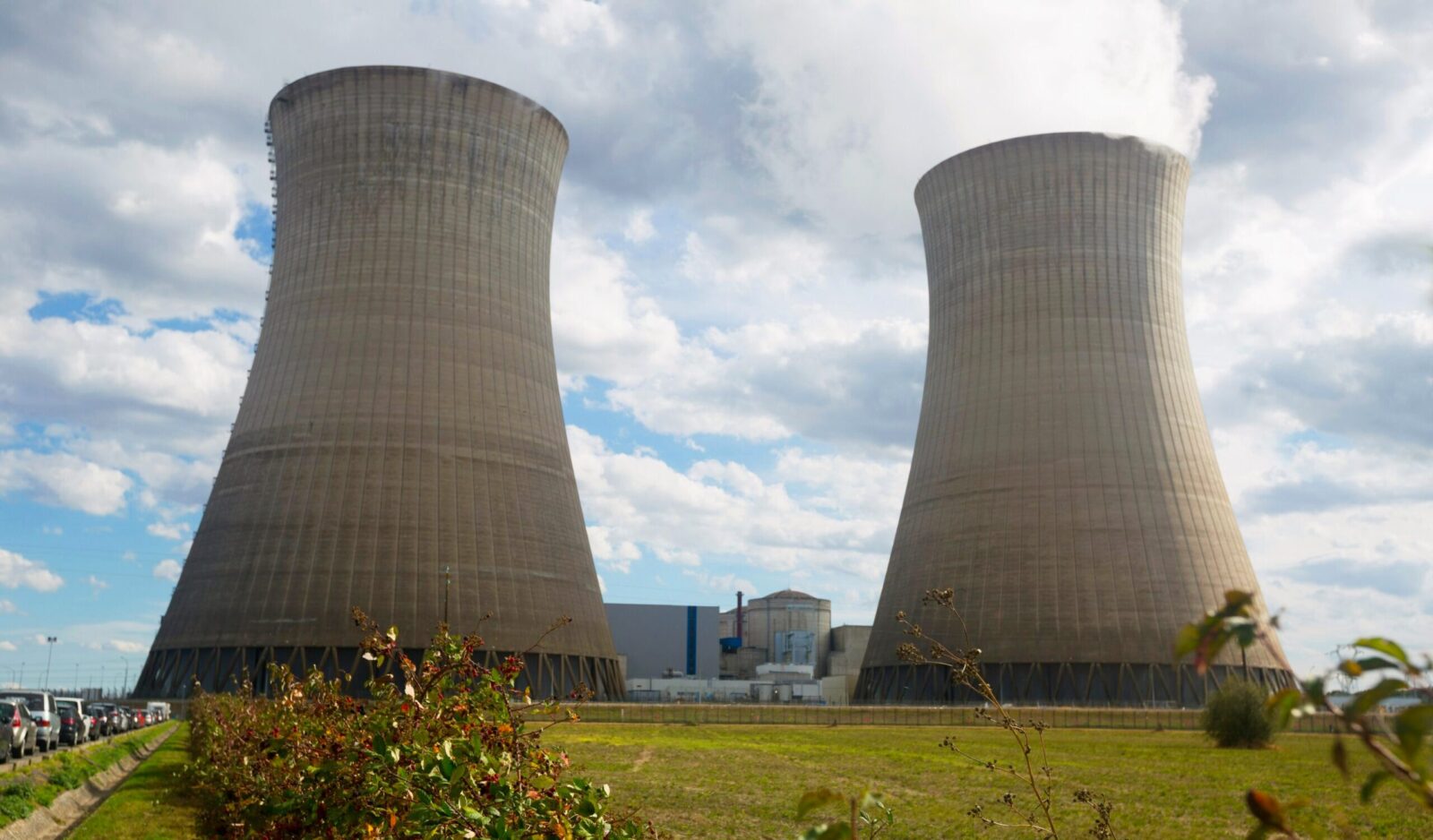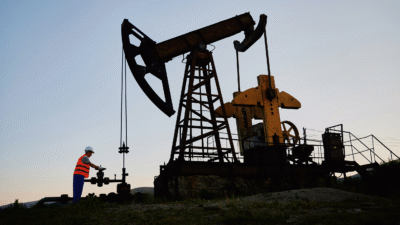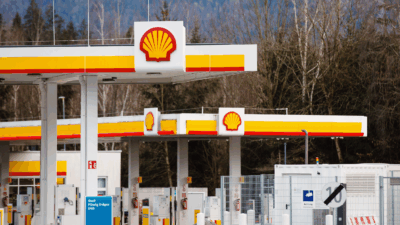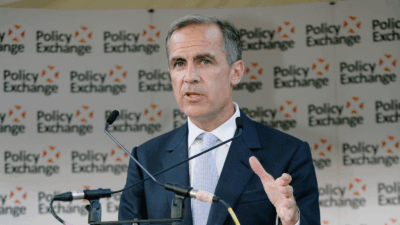Exxon Sees Oil Demand in 2050 Unchanged, Testing Net Zero Goals
ExxonMobil forecast that oil demand will remain above 100 million barrels per day in 2050, roughly the same as current levels.
Sign up for smart news, insights, and analysis on the biggest financial stories of the day.
When you wake up on Feb. 2, 2050 to check whether Punxsutawney Phil sees his shadow, it’ll also be the dawn of an oil industry “Groundhog Day.”
Multinational energy giant ExxonMobil forecast Monday that oil demand will remain above 100 million barrels per day at the mid-century point, roughly the same as current levels. That’s enough to worry Bill Murray’s cynical “Groundhog Day” weatherman for meteorological and time-loop reasons.
Will Tech Save Us?
According to the International Energy Agency, oil demand needs to drop 75% to 24 million barrels per day by 2050 if humans are to limit global warming to 1.5 degrees Celsius (2.7 degrees Fahrenheit) above pre-industrial levels, the goal laid out in the 2016 Paris Climate Accords.
But Exxon says as the world’s population increases — from 8 billion today to an estimated 10 billion in 2050 — current innovations like electric vehicles won’t be enough to change the course of oil demand. The oil giant projects 67% of the world’s energy in 2050 will come from oil, natural gas, and coal compared to last year, when it was… 68%. Greenhouse gas emissions will fall from 2030, thanks to a near-tripling of renewable energy output, down 25% by 2050, but that’s not nearly enough to deter major climate change:
- Commercial transportation and industrial activity, especially difficult to decarbonize, will cause half of the world’s emissions in 2050, Exxon said, pointing to the future advancement of tech like carbon capture and biofuels as potential means to change course.
- However, a report last month by the Pulitzer Center detailed how oil giants, including Exxon, touted carbon capture technology before US legislators in advance of a major tax credit being passed only to doubt the tech in disclosures — Exxon said the report relied on “false narratives.”
It should be noted that Exxon’s forecasts are notably gloomier than European rival BP, which expects oil demand to fall 25% to 75 million barrels per day (still not good enough to meet the goals of the Paris Accords).
Catastrophe: The oil giant’s economic head told Bloomberg it would be “catastrophic” if new investments aren’t made in oil — without them, the firm believes supply could drop 70% to 30 million barrels per day by 2030, which would devastate the global economy by driving up prices.
